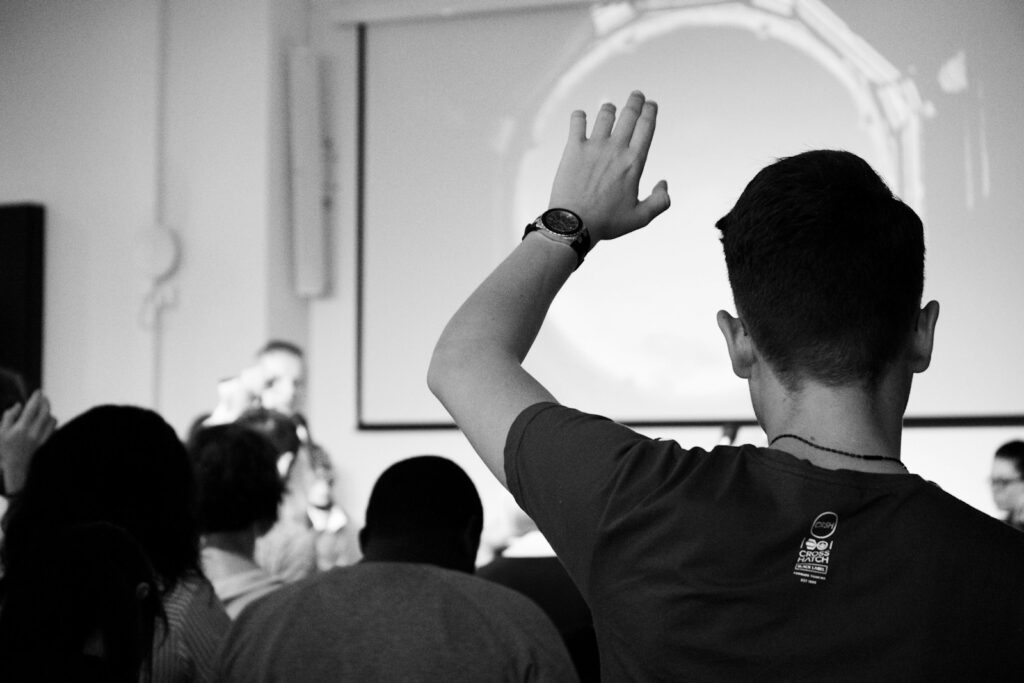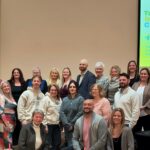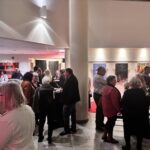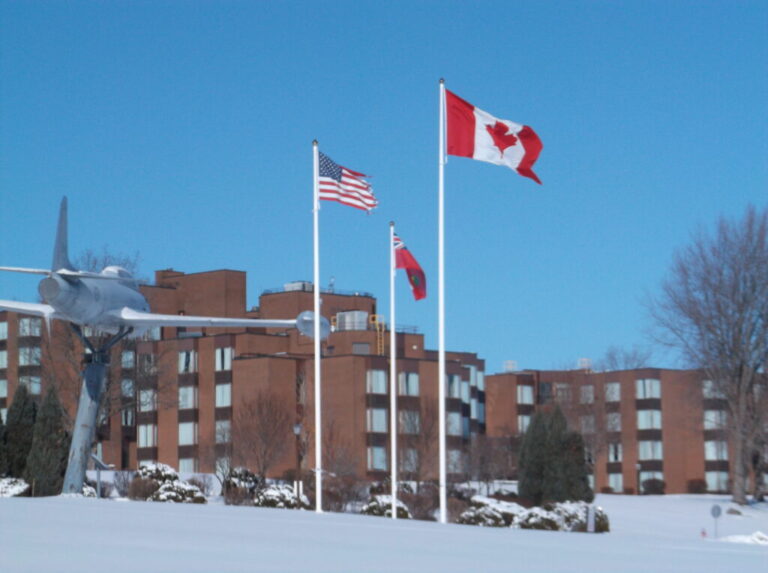
Once upon a time, universities were the heartbeat of free expression in Canada. They were the places where young adults sharpened their minds, where ideas clashed, and where critical thinking was born in the heat of debate. Students didn’t just absorb knowledge—they wrestled with it, tested it, and learned how to defend their own views while respecting those of others. That was the point.
But a new study suggests that this cornerstone of higher education is under threat.
Students Are Afraid to Speak Up
According to a new Leger poll commissioned by the Fraser Institute, nearly 1 in 3 Canadian university students fear formal consequences—such as lower grades—for expressing their honest views in class if those views challenge the “safe” stance on controversial topics.
The numbers are striking:
- 37% of right-leaning students, 33% of centre-leaning students, and even 30% of left-leaning students worry about formal consequences for speaking up.
- More than half of students across the political spectrum believe there is a “safe” political view that dominates class discussions.
- 40% of right-leaning and 35% of left-leaning students say they feel constrained from asking questions or offering unconventional ideas.
- Half of right-leaning students and more than a third of left-leaning students report feeling uncomfortable expressing their views because of their professor’s politics.
This isn’t just a problem for conservatives. Even students who identify as left-leaning—the supposed “majority view” on campuses—are holding their tongues.
Real-World Consequences: Ottawa and Beyond
These numbers echo real-world cases where students and residents have faced disciplinary action for their views, especially around the deeply divisive issue of Israel and Palestine.
In Ottawa, a fourth-year medical resident at the University of Ottawa was suspended after posting pro-Palestinian views on social media. A faculty member accused the student of antisemitism, and the school responded with disciplinary action. The move sparked backlash and a petition signed by nearly 50,000 people raising questions about due process and whether universities are silencing legitimate—if controversial—political opinions.
Nationally, there are precedents that show how heated this issue can become. At Concordia University in Montreal, tensions exploded during the infamous 2002 Netanyahu protest, when students demonstrated against then–Israeli Prime Minister Benjamin Netanyahu’s planned visit. What began as political activism spiraled into broken windows, police intervention, and arrests. Student leader Yves Engler was fined and expelled after a tribunal ruled he had committed assault and vandalism. Though tied to the chaos of the protest, the punishment sent a strong signal: activism in this area can carry life-altering consequences.
From Ottawa to Montreal, and across campuses nationwide, these examples show how quickly academic debate can turn into disciplinary action. Whether pro-Palestinian or pro-Israel, students have learned that speaking out can carry real risks.
A One-Sided Education
“When students attend university, it is assumed that they will encounter a broad array of opinions, and that differing views will be discussed, contested and debated openly,” said Matthew D. Mitchell, senior fellow with the Fraser Institute. “But that’s not happening at campuses across Canada, according to the students themselves.”
That lack of debate matters. Education is not just about memorizing facts—it’s about learning to think, question, and disagree respectfully. If students are afraid to test their ideas in class, they’re missing out on one of the most valuable parts of higher education.
What’s at Stake
Freedom of speech isn’t just a lofty principle. It’s a practical tool for learning. When students are too afraid to raise difficult questions, we end up with echo chambers instead of classrooms. The result? Graduates who know the “right” answers but lack the resilience and creativity that come from defending their own ideas against critique.
As co-author Michael Zwaagstra put it: “Students should never be afraid to ask tough questions, express their honest opinions or challenge conventional views in class.”
And yet, that fear is real. If left unaddressed, it risks hollowing out what universities were built to do: create sharp minds capable of independent thought.
The Bigger Picture
The Fraser Institute study paints a sobering picture of campus culture. It’s not about silencing one side of the spectrum—it’s about a climate of fear that affects everyone. When students believe that only one set of views is “safe,” education becomes indoctrination rather than exploration.
The future of higher learning depends on more than well-equipped labs or innovative programs. It depends on protecting the space where young people can argue, challenge, and grow.
Because without freedom of speech, we don’t just risk dulling young minds. We risk losing the very spirit of what a university is meant to be.














teachers & professors, too, “should never be afraid to ask tough questions, express their honest opinions or challenge conventional views in class.” The prof can open the room to discussion & help challenge status quo. Same strictures are applying.